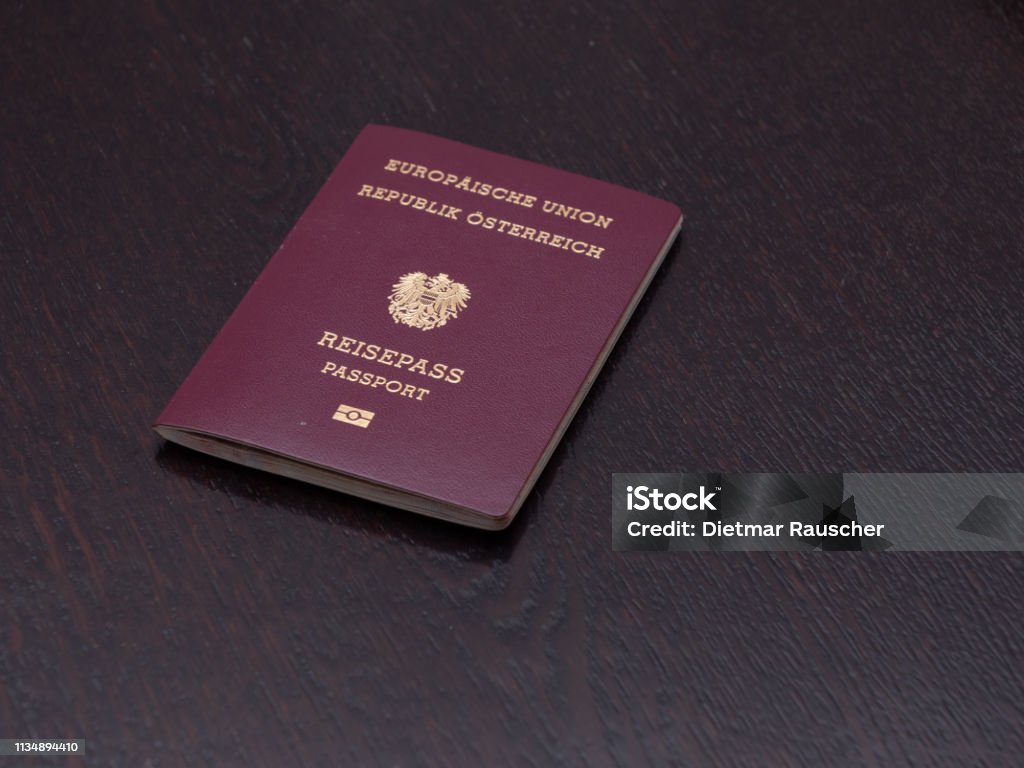After 10 years of lawful and uninterrupted residence in Austria (including the period of stay during the procedure of asylum), refugees have the right to naturalisation. The length of legal stay and hence the waiting period to secure citizenship was increased from 6 to 10 years in September 2018. UNHCR and NGOS criticised this prolongation, as the prospect for rapid naturalisation stimulates a successful integration process and is desirable for the strengthening of cohesion of the society. Citizenship must be issued to a person entitled to asylum following 10 years of residence. Once the BFA, on request, has notified that no cessation procedure under the Asylum Act 2005 has been initiated and its conditions are absent. Waiting period of 15 years for beneficiaries of subsidiary protection.

To become an Austrian citizen as a refugee means a lot of work, and the way to naturalisation will depend on your particular legal status, duration of your stay, integration, etc.
The process involved
Here is how refugees can acquire Austrian citizenship:
Legal status required
To seek Austrian citizenship, refugees must have: Recognised refugee status (Asylberechtigter) under the Geneva Convention. Not even asylum seekers or people with subsidiary protection are not even eligible until (or unless) they gain full refugee status or permanent residency.
Residency requirements
Normally, 10 years of legal residence in Austria is needed. However, recognised refugees can apply after 6 years of legal and uninterrupted residence, once they prove successful integration (language skills, employment, social participation).
Integration requirements
You must demonstrate your Austrian integration. This includes:
- Language proficiency: German at B2 level (CEFR).
- Austrian democratic system and history: Passing a citizenship test.
- Economic self-sufficiency: Consistent income for no less than 3 years before application (except refugees).
- No serious criminal record.
Documents and fees
You will need:
- Passport or refugee travel document.
- Proof of residence and proof of income.
- Language and integration certificates.
- Police clearance.
- Application fees (约€700–€1,500 altogether depending on your case).
Dual citizenship
While Austria in general does not permit dual citizenship, refugees might be exempted from renouncing their previous citizenship if that is unreasonable or impossible due to danger, paperwork, or statelessness.
Application process
Submit your application to your local provincial government office (Landesregierung).
The process can last 12 – 24 months or even more, depending on the case.
Conditions may entail refugees and beneficiaries of subsidiary protection having faster access to naturalisation after less than 15 years of living in the country. They will be able to reduce their waiting period if:
- They have the B2 level of knowledge of German.
- They have acquired the B1 level and have some evidence of personal integration efforts.
The at least three-year voluntary work or activity in the social field has to contribute to the common well-being and have an integration-relevant added value in Austria. If they meet these criteria as well as the general conditions, they can cut down the waiting period to get citizenship to 6 years. In all other cases, it is easier for holders of subsidiary protection benefits to acquire naturalisation by acquiring long-term resident status after 5 years (Long-Term Residence). Then, after 10 years, they may be naturalised.
Is Austria a good place for resettlement as a refugee
Austria can be a good place to land your feet as a refugee for some, but the experiences are very far apart based on personal circumstances, background and expectations. Here’s a balanced overview:
Common benefits of refugees in Austria
Strong Social Support System: Austria provides housing assistance, healthcare, education and financial support in money for recognised refugees.
Access to free German language courses and integration programmes (through the ÖIF, Austrian Integration Fund).
High Quality of Life: Austria is high scoring in safety, healthcare, public transport, and environmental quality. Vienna is regularly cited as one of the most livable cities in the world.
Education and Work Opportunities: Children who are refugees have full access to public education. Identified refugees can also find regular employment and receive training in the labour market.
Higher education is not prohibitive in many areas.
Path to Citizenship: Recognised refugees can obtain citizenship 6 years after legal residence (a shorter time than the 10-year standard). Possibility to retain original nationality in case of unsafe or impossible renunciation.
What you may encounter
Integration Barriers: However, social integration is not always possible with programs, because of language, culture and sometimes discrimination.
Housing outside of big cities can be isolating, and less available opportunities.
Bureaucracy and Legal Hurdles: The asylum process is narrow and may take months or even years. Legal aid is provided, but it is not abundant.
Public Sentiment: There is a mixed opinion in the public on refugees. Although most Austrians favour integration, the right-wing political influence has caused a tighter immigration policy in the past few years.
Language Requirement: German is necessary for integration, for work, for citizenship (at least B1/B2 level required for most rights).
Conclusion
If you are a recognised refugee in Austria and have lived in the country for 6+ years, you speak German (B2) and fulfil integration and legal requirements. You can apply for Austrian citizenship. Austria has good infrastructure and support for refugees, provided they are willing to learn a language, integrate into society, and do battle with the legal system. It’s not perfect, some will face discrimination or delays, but for many, it provides a stable, safe and opportunity-rich environment.
You may also find these articles helpful
Frequently Asked Questions on Austria
Understanding the impact of criminal records on immigration to Austria
Assessing social benefits and welfare as an immigrant in Austria

